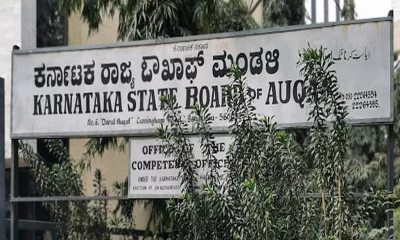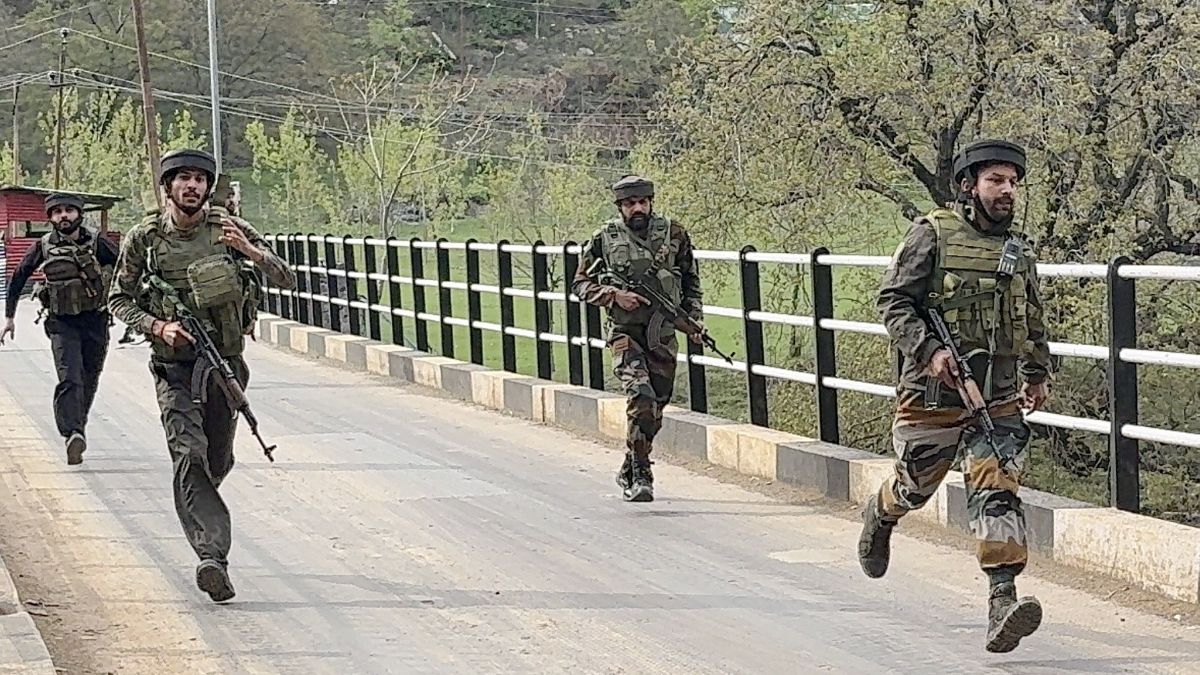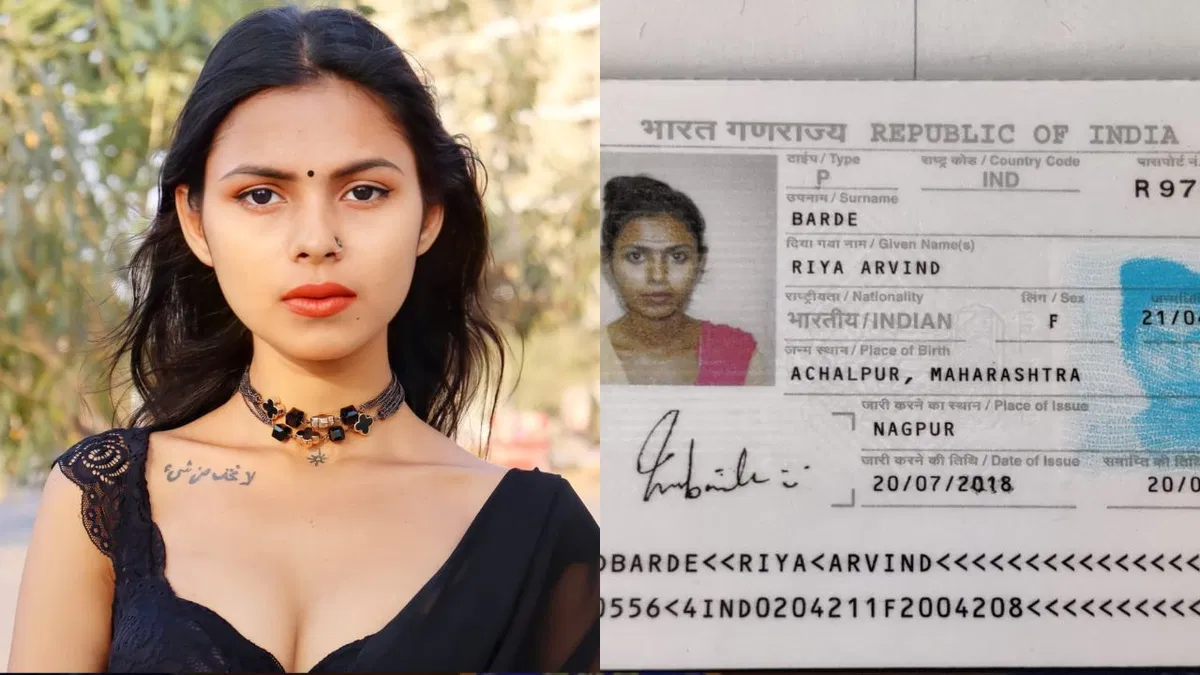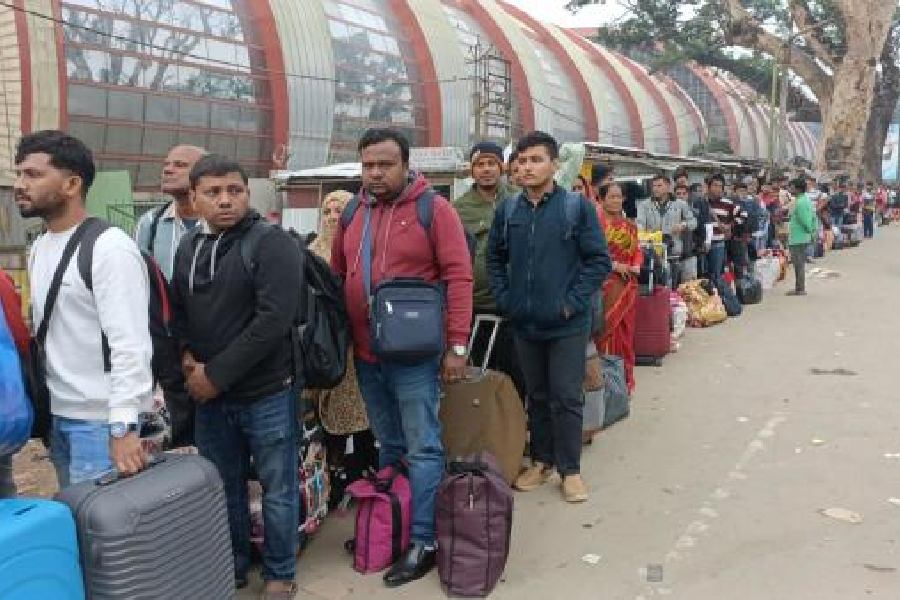Priyal Singh, Mumbai Uncensored:
On April 22, 2025, the serene meadows of Baisaran Valley near Pahalgam, Kashmir—a place often referred to as the ‘Mini Switzerland’ of India—witnessed a nightmare that shattered the peace and spirit of the nation. What was meant to be a day of joy and exploration for innocent tourists turned into a scene of unimaginable horror, as armed militants unleashed a brutal, calculated assault on unarmed civilians.
Over 28 lives were lost—men, women, and even children—slaughtered in cold blood, with more than 20 others seriously injured. The victims hailed from across the country and beyond—Indians from different states, two foreign nationals from Nepal and the UAE, and even members of the armed forces and intelligence community who happened to be among the crowd. This was not just an attack on individuals, but an assault on the very spirit of unity that defines India.
Eyewitness accounts have described the attackers as heavily armed, wearing military fatigues, and speaking a chilling language of hate. Survivors recounted how victims were asked to recite religious verses to determine their faith, and many were executed on the spot for failing to comply. One woman, spared and told to “tell Modi,” became the voice of the massacre—carrying the pain of a nation.
The terror outfit The Resistance Front (TRF), backed by Pakistan-based Lashkar-e-Taiba, took responsibility for the carnage, citing warped motives rooted in hatred and division. Their justification? A stand against the demographic integration of Kashmir—a move that has only aimed to bring growth, inclusivity, and opportunity to the region.
India, a land that has weathered centuries of turmoil and invasion, now stands once again at a crossroads. Prime Minister Narendra Modi, Home Minister Amit Shah, and other senior leaders have vowed swift and unforgiving justice. Security forces have launched intense operations to track down those responsible, and the National Investigation Agency (NIA) is leaving no stone unturned.
But beyond military and political responses, the country’s greatest strength has always been its people—their unity, their resilience, their refusal to give in to fear. As images of mourning families, brave survivors, and weeping strangers circulate across social media and news networks, a single emotion unites the entire nation—grief, yes, but also an unbreakable resolve.
This is not just about Kashmir. This is about India. About the idea that terror, no matter how brutal, cannot break the soul of a billion people. It cannot kill our spirit, nor erase our humanity.
Let this black day be a reminder—not of our fear—but of our strength. Let it renew our commitment to peace, unity, and justice. Let it honor the lives lost with a promise: that their blood was not shed in vain. That India will rise stronger, more united, and more determined to fight every force that threatens its peace.
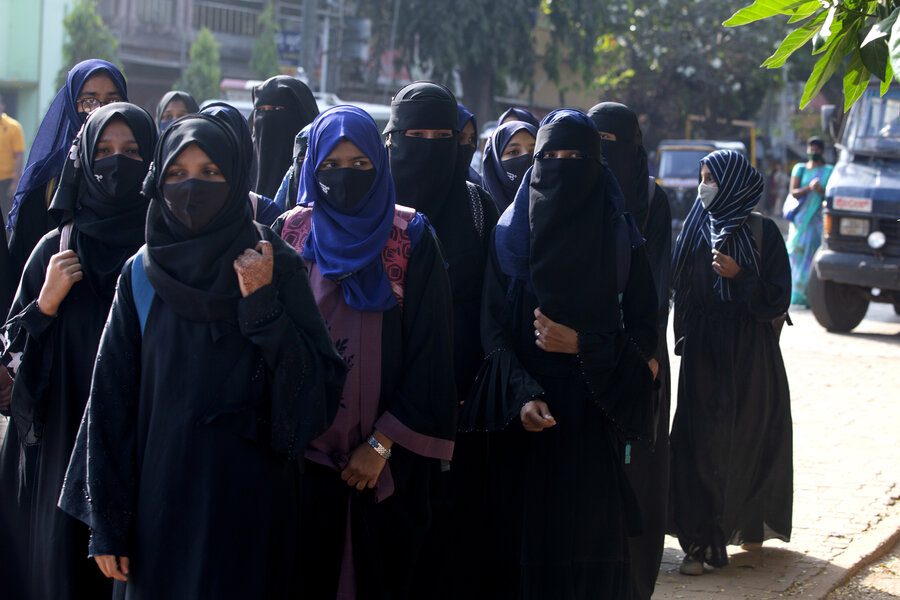




 Health1 day ago
Health1 day ago


 Special Editions1 day ago
Special Editions1 day ago


 Special Editions3 months ago
Special Editions3 months ago


 Special Editions23 hours ago
Special Editions23 hours ago


 Special Editions1 day ago
Special Editions1 day ago







